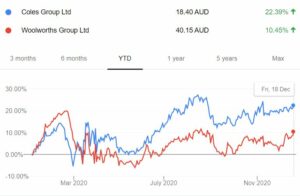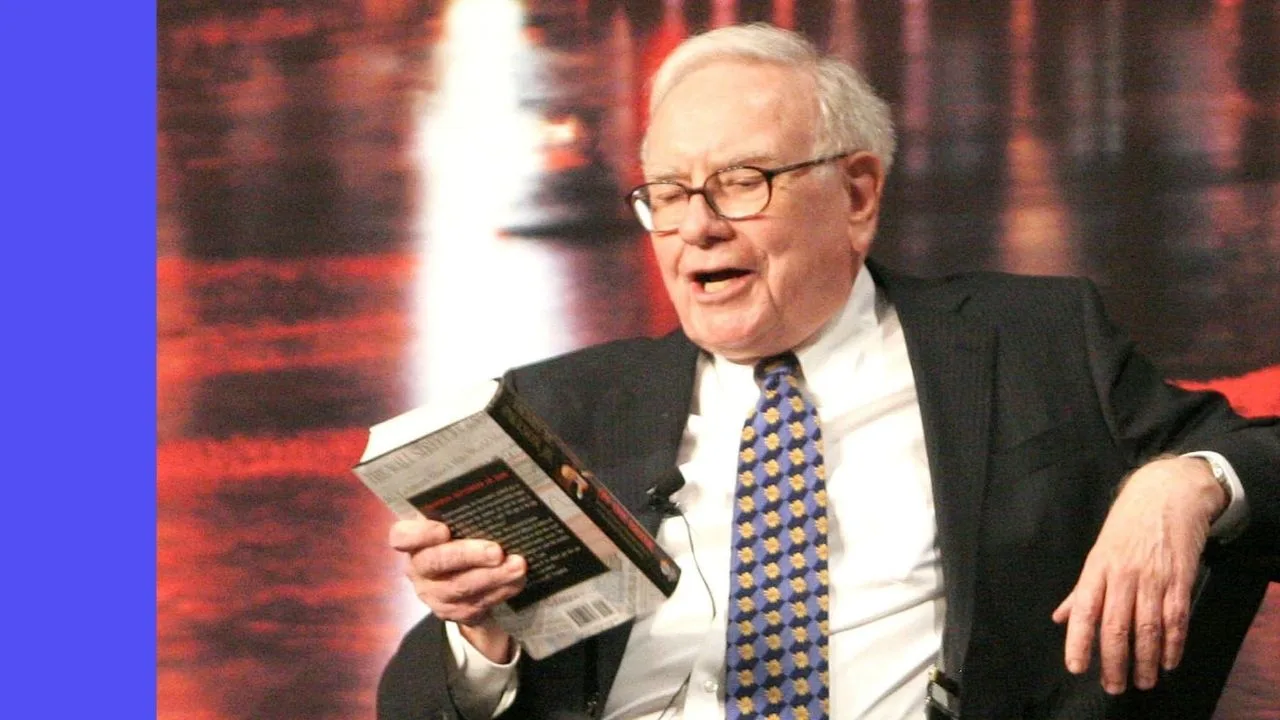Following the most recent COVID-19 cluster in NSW, ASX recovery shares in travel and leisure have taken a beating with many states and territories introducing newly imposed restrictions.
Interestingly, at the time of writing, Coles Group Ltd (ASX: COL) and Woolworths Group Ltd (ASX: WOW) shares are both up 1% and 1.75%, respectively, while the broader S&P/ASX 200 (ASX: XJO) trends lower. I don’t think this is by coincidence.
Why does this happen?
Coles and Woolworths are both companies in the consumer staples sector, which typically includes companies that sell essential products such as food & beverage and hygiene products.
Companies in this sector are often said to be non-cyclical and don’t usually under or overperform in different states of the economy. This is because products are in demand all the time and are usually essential rather than more discretionary items.
Both Coles and Woolworths were affected by COVID-19, but overall, they both held up extremely well compared to other companies in more volatile sectors.

Recent share price movements
I think the intuition here is relatively straightforward. If investors believe that further lockdowns or travel restrictions may be introduced, this could cause some stocks that rely on an open economy such as travel or leisure to underperform in the short-term.
As a result, the sentiment towards more defensive shares like Coles and Woolworths will improve, as they probably won’t perform much worse even with the hypothetical travel restrictions or lengthened recovery.
Are these shares a buy?
I probably wouldn’t base my own buying decision on daily changes in sentiment here. This was more just to explain the relationship between these sectors on the ASX.
I see both of these companies as mature, defensive, dividend-paying shares that would make an excellent foundation for anyone’s portfolio.
They both operate in a market that’s already extremely saturated and because the whole market share has pretty much already been captured, I don’t think there’s a lot they can do to increase their market share and fuel that further growth.
For this reason, I also like to find companies that are a bit earlier on in their lifecycle to try and capture a bit more upside.
For some more share ideas, click here to read: 3 ASX share ideas for your 2021 watchlist.











